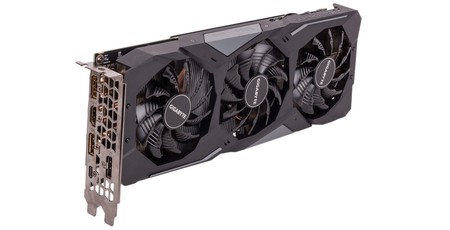
Assassin's Creed Odyssey
Assassin's Creed Odyssey is a DirectX 11 game that runs on Ubisoft's AnvilNext 2.0 game engine. Our testing here comes from the game's built-in benchmark. We use the highest available preset, Ultra High, and record the first 30 seconds of the benchmark using OCAT, having found this to be sufficient to capture more demanding sections and be representative of the benchmark as a whole.

MSI MPG Velox 100R Chassis Review
October 14 2021 | 15:04








Want to comment? Please log in.